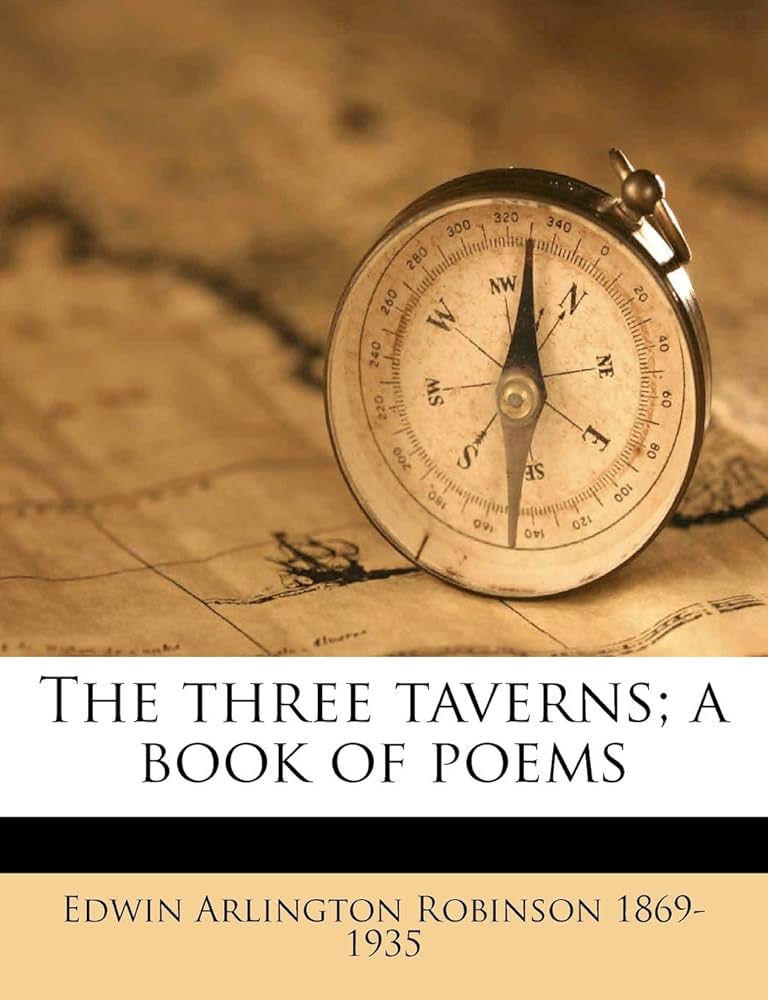The Wandering Jew
byThe Wandering Jew walks not with the hurried steps of modern man, but with the deliberate grace of one who has seen too much to rush. He passes through centuries as though they were mere shadows, leaving behind no footprint, yet carrying every sorrow the world has cast upon him. His presence in a bustling city teeming with noise and ambition feels like a paradox—timeless silence brushing against the urgency of now. People around him do not see the weight he carries, the lives and empires he has outlived, nor the wars he has watched begin again in different forms. His gaze unsettles the soul, not with judgment, but with quiet testimony of all that humanity has repeated. Those who meet his eyes find their own reflection buried under years they haven’t yet lived, as if their future failures and regrets have already passed before his sight.
In his presence, the moment stretches, burdened with echoes of forgotten cries and laughter lost to dust. His face, marked not by age but by endurance, holds stories no library could contain. There is no resentment in him, only an exhausted compassion, like that of a parent who has long stopped scolding but cannot stop mourning. His words, when spoken, fall not as revelations but reminders—gentle nudges to a conscience dulled by distraction. He does not preach, for his very existence is sermon enough. The pain of permanence has stripped away the desire for recognition, leaving only the task of walking and witnessing. And while others build, conquer, and forget, he remembers it all.
The city may shine, its skyline declaring progress, but to him, it is another Babylon built on shifting sand. The same hunger for power, masked now in suits and technology, still feeds the same fires that burned cities of stone. He has seen temples fall, tyrants crowned and dethroned, and faiths rise only to fracture. He watches with neither approval nor disdain, only a weariness that comes from knowing that the arc of history bends slowly, and sometimes not at all. Though prophets once cried in the wilderness, now the wilderness cries back, unheard beneath neon and steel. He listens for truth but hears only echoes bouncing off marble and screens.
The people who pass him feel something ancient brush against them, but they cannot name it. It’s in the chill that runs up their spine or the pause in their breath when he speaks. He speaks of a time before time mattered, when men still believed their actions echoed into eternity. His voice is low, but it carries. It suggests that compassion, though often forgotten, is the only constant that could have redeemed all those forgotten ages. He does not believe men are hopeless, only that they have a terrible memory. And so, he walks, not to escape, but to remind.
His journey is not one of punishment but purpose. The curse, if it ever was one, became a calling. He has outlived kings and messiahs, not to mock their failings but to guard the memory of their hopes. Those he loved are long gone, but not lost. In his thoughts, they live again—less as names and more as lessons. There’s no home waiting at the end of the road, but every place he enters becomes a reminder that the world is both cruel and beautiful. His arrival in a city means little to others, but for him, it is another page in the endless book he writes with every step.
Many have tried to define him—as a symbol, a myth, a warning. But he is none of these. He is simply there, watching, walking, remembering. His eyes carry no prophecy, only history. And in that history lies everything we need to know about who we are and who we may still become. When he leaves, nothing is different—yet for those who truly saw him, everything has changed. What lingers is not his image but the unsettling question he leaves behind: If he remembers it all, why do we forget so quickly?
In Edwin Arlington Robinson’s telling, the Wandering Jew is not condemned but entrusted. Through his quiet presence, we confront the uncomfortable truth that progress without memory is motion without meaning. His eternal path urges us to walk slower, see deeper, and hold longer to the lessons we too often let fade. This figure, bound to time yet beyond it, offers a gift—not answers, but a mirror. And in that mirror, we find not just him, but ourselves.

